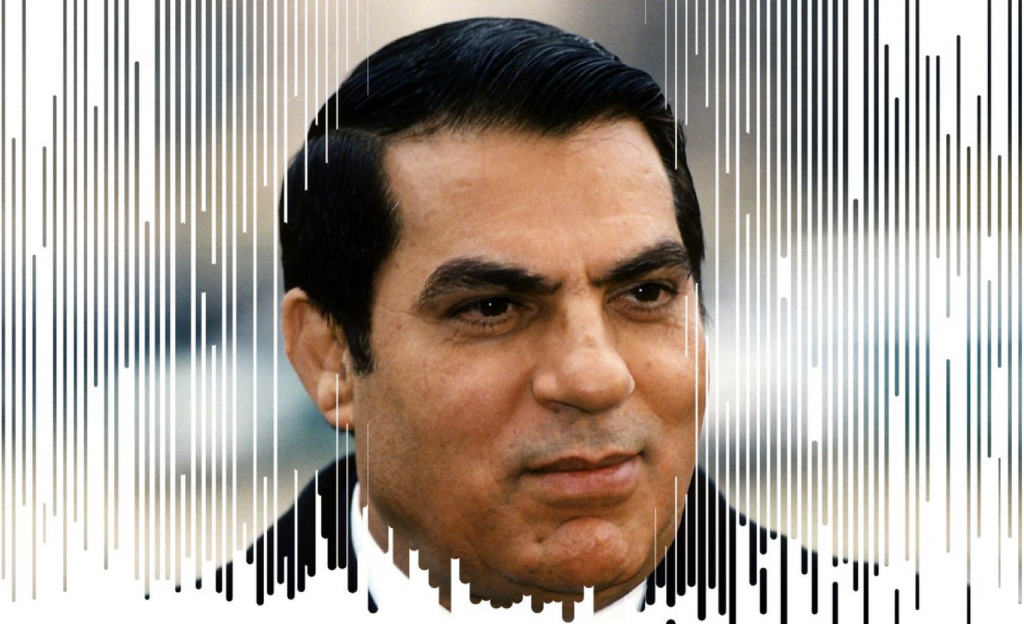Political corruption and monopolistic practices in Tunisia
Por: Laura Paola Villa García | Posted on September 13, 2019
Context
Zine Al-Abidine Ben Ali ruled Tunisia for twenty-three years, which were characterized by its economic prosperity and stability, however, Ben Ali’s government was criticized for its lack of political freedom. Ben Ali became prime minister in 1987 after the first ruler of Tunisia after independence, Habib Bourguiba, was overthrown.
In 2011, protests sparked all over the country after social unrest and depression started, which led to a revolution. Finally, in January 12th of 2011, Ben Ali decided to flee the country to Saudi Arabia to escape the insurgency of the Tunisian military (Jorge Lema, 2018).
Fact: Who gave what to whom and why?
From 1987 a 2011, Ben Ali enacted a series of law regarding foreign investment which created obstacles to those companies that wanted to invest in Tunisia. This laws eventually led to Ben Ali creating a monopoly over the communications, transport, real state and accommodation’s industries, majority of which were in control of companies belonging to Ben Ali’s family (Amara, 2011).
The imposition of barriers to entry in these industries translated to an increase in market share and higher prices which in the long term benefited Ben Ali’s family.
It is estimated that during a period of sixteen years, Ben Ali enacted around twenty-five decrees to introduce new barriers to entry Tunisia’s market in forty-five different industries (Amara, 2011).
As a result, Tunisian companies failed, and job opportunities were lost with them. In total, Ben Ali accumulated a fortune estimated in USD $13 billion (Transparency, 2019).
Due to the nature of the transactions, it is difficult to estimate the exact amount of money that was siphoned off. Nonetheless, evidence shows that the money was deposited or invested in countries such as France, Germany and Switzerland (Transparency, 2019).



Applicable Law
- Local law
- Convention of the United Nations Against Corruption.
¿Why the case is relevant?
This case is relevant because Ben Ali, the main responsible for the acts of corruption and his wife were judged and sentenced in absentia by a Tunisian court after Ben Ali was overthrown.
Lessons learned
Furthermore, this case shows how it is possible to bring about social justice in various countries by punishing the corrupt acts of public officials that have terrible consequences for society and their countries development.


What type of corruption is it and what are the crimes involved?
First of all, this is a case of political corruption as there was a manipulation of the policies, institutions and rules of procedure in the allocation of resources by public officials in order to perpetuate their position of power and wealth (Anticorruption glossary, n.d) And Ben Ali did exactly this. Let’s keep in mind that Ben Ali enacted a series of laws regarding foreign investment in order to benefit companies that belonged to his family. In this way, he could maintain his position of power and wealth.
Second, this is a case of grand corruption due to the size of transactions that involved, which is reflected in the fortune amassed by Ben Ali’s family that risesto USD $13 billion as a result of monopolistic practices (Anti-Corruption Glossary, s.f).
Third, nepotism can also be found in this case as it occurs when someone in an official position exploits his or her power to favor a family member, even though that person may not be qualified (Anti-Corruption Glossary, s.f). Ben Ali favored his family’s companies over other companies by using his position as the president of Tunisia.

Asset Recovery
In 2013, Libanon’s government returned USD$ 28.8 million to Tunisia’s government. The same year Tunisia’s government recovered a luxurious yatch with an estimated value of USD 48 million. In 2016, Switzerland returned USD $230 thousand out of the USD $66 millions in frozen assets.

References (Harvard – Anglia)
Amara, T., 2011. Reuters. [Online]
Available at: https://reut.rs/2lzYIjC
Transparency, 2019. Transparency. [Online]
Available at: https://www.transparency.org/news/feature/three_years_after_the_panama_papers_progress_on_horizon
Abogados, D., s.f. Glosario de Derecho Anticorrupción. [Online]
Available at: Ebook
Lema, G. J., 2018. Instituto Español de Estudios Estratégicos. [Online]
Available at: Jorge Lema, G. (2018). La revolución tunecina: una perspectiva social
BBC, 2011. BBC. [Online]
Available at: Profile: Zine al-Abidine Ben Ali. (2011). Recuperado de https://bbc.in/2lYu3wP
Cifar, 2016. Cifar. [Online]
Available at: https://bit.ly/2jWu9nR
Transparency, 2019. Transparency. [Online]
Available at: https://www.transparency.org/en/news/25-corruption-scandals#Ben%20Ali
